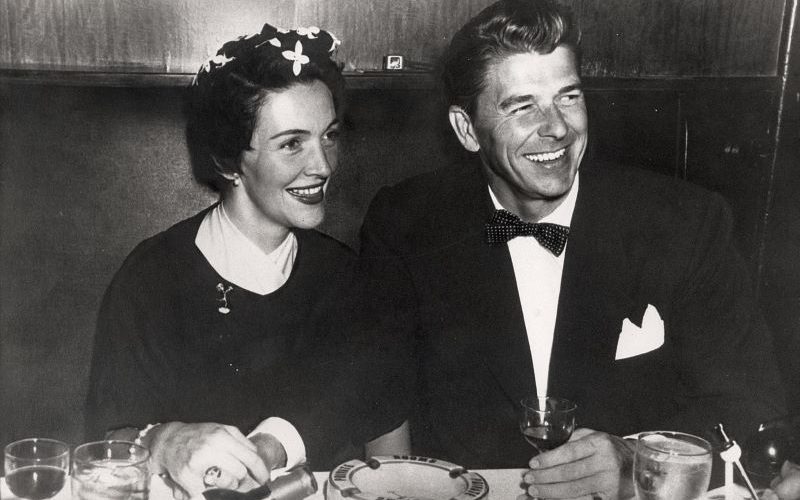Speaking from the Oval Office on January 11, 1989, President Ronald Reagan delivered his farewell address to the nation. He was affable, warm, and modest in these parting remarks—so much so that even in print his words glow with appeal and charm. As he so often did, he peppered his remarks with personal anecdotes and stories of others.
One hallmark of this particular speech was his emphasis on American commonality and unity. His language is inclusive rather than divisive. At one point, for instance, he mentioned his nickname, “The Great Communicator,” then added, “I wasn’t a great communicator, but I communicated great things, and they didn’t spring full bloom from my brow, they came from the heart of a great nation—from our experience, our wisdom, and our belief in the principles that have guided us for two centuries.”
He also noted that a great nation such as America will always face complex challenges, and then he said, “It will always be this way. But as long as we remember our first principles and believe in ourselves, the future will always be ours.”
That was 35 years ago. In the 21st century, and particularly in the last few years, we have sometimes lost sight of those principles and the fundamental truths underlying our republic. Faith and pride in ourselves as Americans also seem to have diminished. The COVID pandemic, in particular, with its lockdowns, its often absurd and demeaning regulations, and its trampling of the Bill of Rights, dealt grievous wounds to the American spirit.
Yet President Reagan’s farewell provides two remedies that can cure those wounds and restore us to health. First, he gave a reminder to his fellow Americans of who and what we are: “‘We the People,’” he said, “tell the government what to do; it doesn’t tell us. ‘We the People’ are the driver; the government is the car. … Almost all the world’s constitutions are documents in which governments tell the people what their privileges are. Our Constitution is a document in which ‘We the People’ tell the government what it is allowed to do. ‘We the People’ are free.”
We need to emblazon those words on our hearts and minds, particularly as we enter the rough waters of this election year. Like those outspoken Americans who resisted the COVID mandates—the scientists, doctors, commentators, and ordinary citizens who suffered cancellation and job loss because of their stand for truth and facts—we may also need to find within ourselves the courage to defend our rights and liberties.
Near the end of his speech, President Reagan prescribed a second and more specific medicine to boost the American spirit when he said, “There is a great tradition of warnings in Presidential farewells, and I’ve got one that’s been on my mind for some time.” Given the array of national and international problems he and we faced in the 1980s, he might have brought up any number of them, but he instead urged Americans to learn more about their history and to help their children do the same. “I’m warning of an eradication of the American memory that could result, ultimately, in an erosion of the American spirit. Let’s start with some basics: more attention to American history and a greater emphasis on civic ritual.”
Reagan’s concern about the neglect of our American story and the dire consequences that follow has today become a reality. For years, far too many students have graduated from secondary schools and universities ignorant of their country’s history, and evidence of this decline in such knowledge rests on more than speculation. A look at the 2022 National Assessment for Education Progress (often referred to as the “Nation’s Report Card”), for example, reveals that only 13 percent of the students tested as proficient in U.S. history. Forty percent of those taking the test failed to meet even the basic level of competency.
To halt this eradication of the American memory, Reagan offered one of those commonsense solutions for which he was famous when he said, “And let me offer lesson number one about America: all great change in America begins at the dinner table. So, tomorrow night in the kitchen I hope the talking begins.”
And he was absolutely right. A mealtime gathering of parents and children, relatives and friends, sets up a perfect classroom for discussions of history, civics, and virtue. By reminding ourselves about these subjects, and teaching them to our children, we will deepen our knowledge of those first principles he mentioned and restore belief in ourselves and in our country.
Let the talking, and the learning, commence.
—
Image credit: Public domain


















